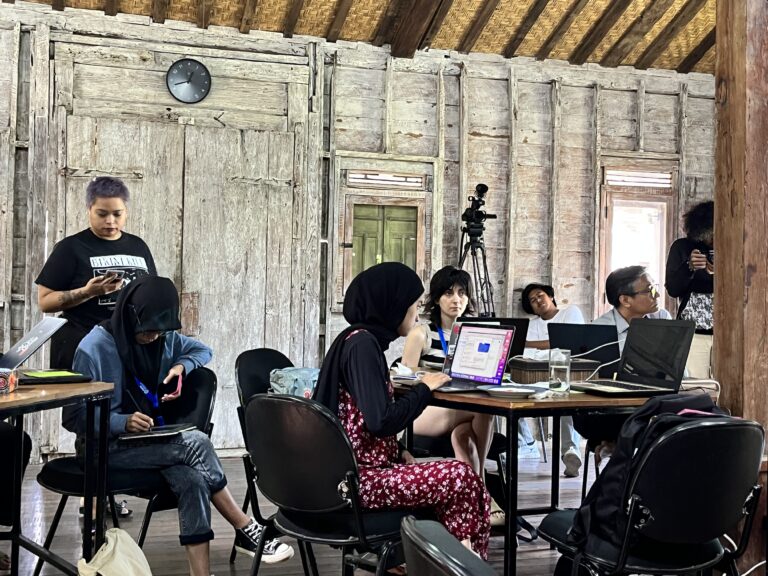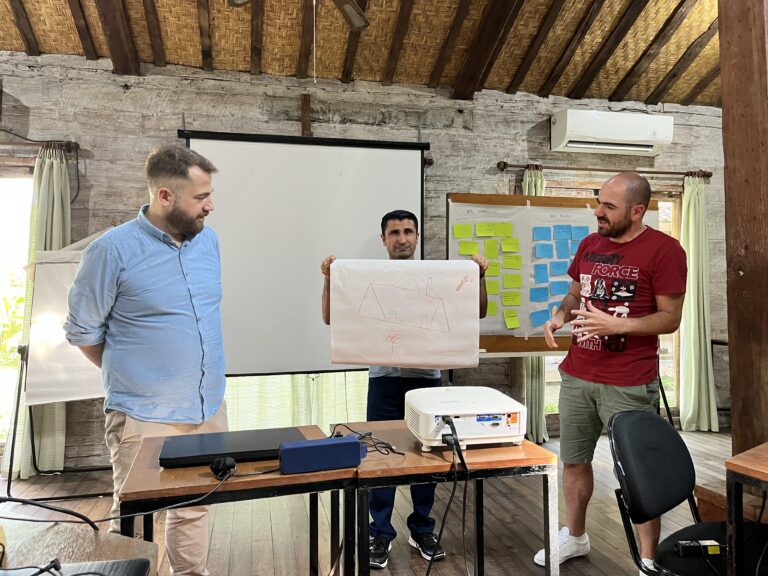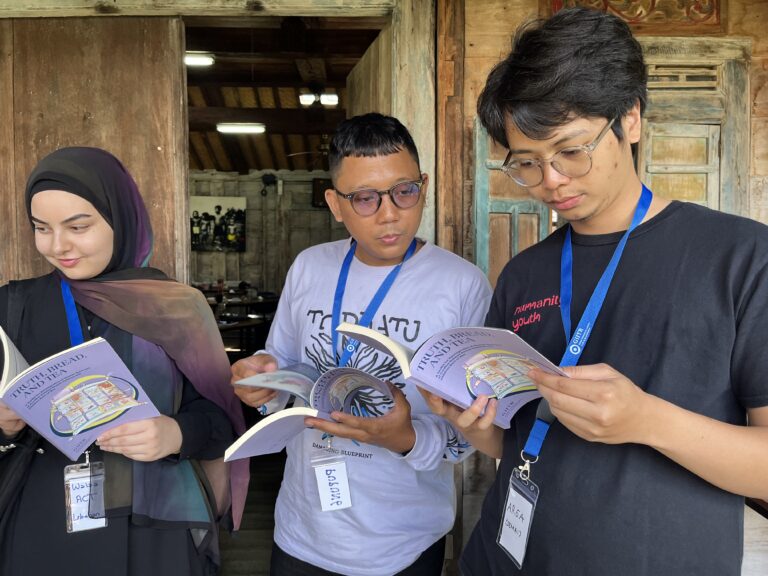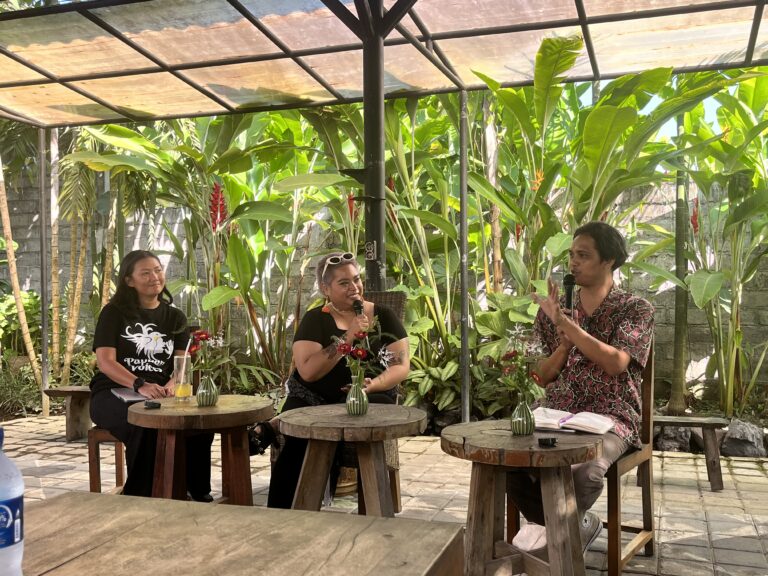Truth-Telling through Digital Narratives
In many post-conflict societies, the prospects for accountability for perpetrators, recognition of victims and reconciliation efforts are slim. Even though the legacies of mass human rights violations are tangible decades after the violence occurs, in reality, many domains of transitional justice remain unaddressed.

Background
Countries in the Balkan region are particularly uncomfortable examples of the correlation between flawed dealing with the past and unstable democracy. The decline of democracy and rising authoritarianism have marked recent years. This involves state capture, institutions in the service of the ruling party, non-free elections, deteriorating freedom of media and expression, and shrinking space for critical thinking. Commemorations manipulate facts, promote crime and genocide denial, glorify perpetrators of war crimes, and recognize their victims only while not acknowledging the suffering of others. War narratives inform politics, atrocities are subject to manipulation, and judicial facts are ignored. At the same time, independent institutions, academics, and media, which promote critical and alternative dealing with past initiatives, are under threat. Critical voices are not visible in the media. The public sphere is occupied by stereotypes, extremely one-sided interpretations, and denial promoted by state actors.
Similarly, many countries in the South East Asia region have histories of authoritarianism and pasts of mass human rights violations, with minimal transparency or accountability mechanisms, and often using excessive force to quell dissent. Analysis of mass violations over the past ten years has shown a tendency for leaders to use almost any opportunity to grab or further extend power to exercise greater control. These power grabs are often cloaked in ‘Asian values’ or ‘cultural norms’, making them more palatable and acceptable. It shows increasing militarism and authoritarianism, while domination of the security sector in the government resulted in shrinking public space and allowing torture and arbitrary arrest of civil societies. Most countries face similar problems, including a lack of regulations that hold the security sector accountable for international crimes and prevention from mass violations, crimes against humanity, and genocide. Therefore, the narrative voices of victims of human rights violations and other marginalized groups are also restricted.
About this Project
The work of the Global Initiative for Justice, Truth and Reconciliation has shown the importance of documenting serious human rights violations and supporting victim-led memorialization efforts, as these experiences constitute a solid base for knowledge transferring for other civil society organizations working in transitional justice contexts.
This program supports digital memory activism to establish alternative platforms for dealing with systematic human rights violations and ensure that human rights documentation actively informs the public’s understanding of the past rather than remaining tucked away in NGO archives. Digital narratives give a prominent platform to victims of war crimes and human rights violations and are based on well-documented facts and findings. It uses a language and format that appeals to broad segments of the population. To that end, the digital narratives counter the divisive public discourses that ignore the systematic nature of human rights violations and push victims’ perspectives to the margins. This project will provide the broader public with tools and resources to tackle public discourse and empower critical parts of society to take the lead in alternative dealing with the past and reconciliation processes.
Digital narratives are based on the enormous wealth of documented facts and findings documented by civil society organizations, international and domestic courts, and truth and reconciliation commissions. This material has enormous potential for an inclusive, facts-based, victim-centered dialogue on wars and human rights violations.
Project Objectives
Building the capacity of civil society actors working in the field of transitional justice by developing a universal methodology for conveying documents and oral histories into interactive online presentations that are easily accessible and appealing to online audiences;
16 participants, representatives of 8 CSOs working in the field of transitional justice from different contexts/regions , were selected to participate in the program.
Encouraging exchange on different practices of storytelling used by CSOs within various contexts, with an emphasis on utilizing digital tools;
Participants joined a four-day virtual event and a four-day in-person workshop that introduced them to the concept of digital narratives, supported them in assessing their existing resources and needs, and helped them establish the topics for their sub-grant projects.
Contributing to production within the transitional justice field by compiling and publishing practical guidelines with best practices and lessons learned during the project on conveying documents and oral histories into online presentations that are easily accessible and appealing to online audiences.
Consortium partners are currently developing a technical toolkit for using WordPress templates to host digital narratives.




